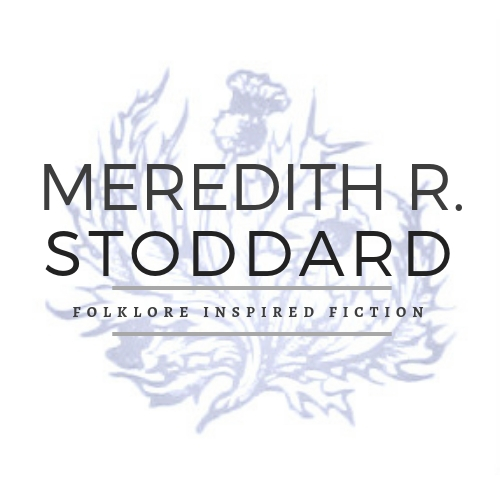I'm just not creative...
This is something that I hear all too frequently. It's usually accompanied by a slow puzzled head shake and a glazed look at whatever creative thing I'm doing. It's like they're staring at that thing and wondering why they can't think of things like that. In my consulting work a similar reaction comes when the client hears a course design and asks, "How do you come up with this stuff?"
The simple answer is daydreaming.
I am and always have been an unapologetic daydreamer. For evidence of this see my writer's confession. At my client's office it may seem like I'm just playing or socializing or surfing the internet, but there is always a purpose to what I'm doing. I'm letting my mind go and eventually it will go to the solution that I'm looking for.
Unfortunately, we are conditioned not to daydream. In school we're told that it's bad, unless we're lucky enough to have a teacher who recognizes it for what it is. In adulthood we have responsibilities like jobs and kids that require our focus. On top of that we now have media content (social or otherwise) at our fingertips with which to occupy ourselves. Our natural inclination to daydream gets shut down or pre-empted by life and noise. But we should never underestimate the power of daydreaming.
Now that my training work has increased, I have less time to devote to daydreaming than I did when I was at home with the kids. So I have been seeking ways to promote daydreaming at the appropriate times. Triggers to shut the world off and set my mind flying.
Music is a method that has worked wonders for me when it comes to fiction. I associate certain songs or styles of music with certain characters or situations and use them to put myself in the right mindset. For general purpose daydreaming I try to find classical music to fit the mood of what I'm writing, such as Beethoven for soaring emotions, Grieg for action or Chopin for working through plot questions. These are good for certain characters and mood, but sometimes even with headphones and repetition these triggers have a hard time shutting off the internal noise of to do lists, chores and general worries.
I have also found that "meditative doodling" or Zentangling as some folks call it is a great way to quiet the noise and spark daydreaming. Zentangling is a method of pen and ink drawing that is focused on weaving together shapes and repeated patterns within a defined drawing space usually just a few inches square. It starts with a simple "string" that gives the shapes the patterns will follow. Choosing which pattern fills each shape and how they fit together forces you to make quick creative choices. It's like a jumpstart for the creative process. While the repetition of the patterns leaves room for your thoughts to wander. It's a very relaxing experience and can get your creative juices flowing, like yoga for your brain.
In addition to sparking those creative juices, you end with a pretty drawing. So, you still have that sense of accomplishment even if what you were thinking about while you were drawing is an ongoing project. I have been using this method over the past few weeks to try to wrap my brain around some of the revisions in The River Maiden with great success. 
Here are a couple drawings that I've done while thinking about what will happen next to Dermot and Sarah.

If you would like to learn more about Zentangling you can check out Zentangle.com for more info.
You can also see some more examples from people better at it than I am on my Pinterest board.
If you're interested in reading more about daydreaming and how it can be a powerful thing, check out this article from Psychology Today.





